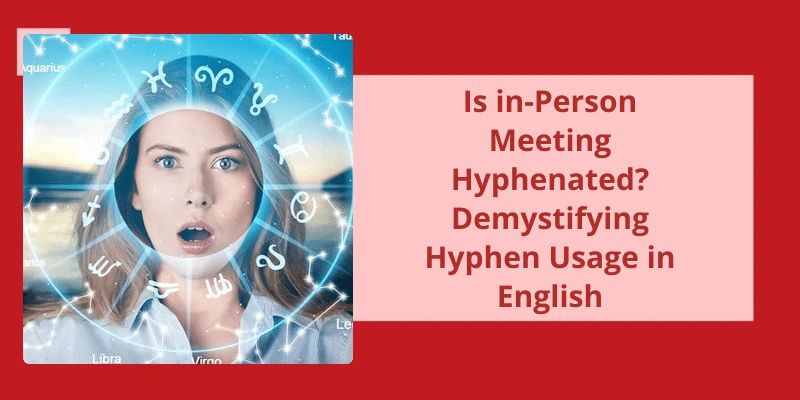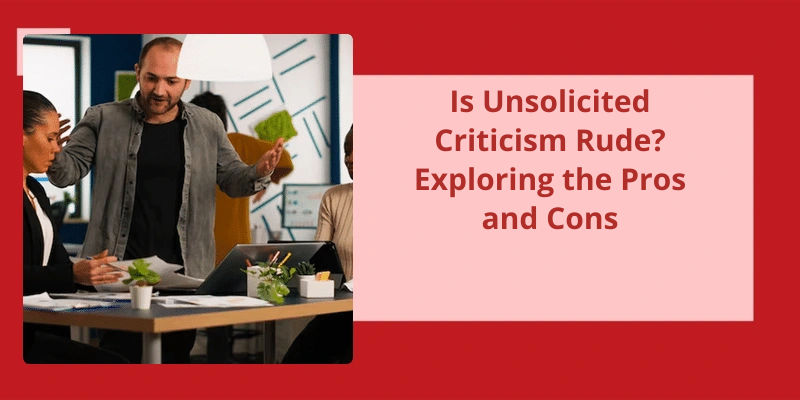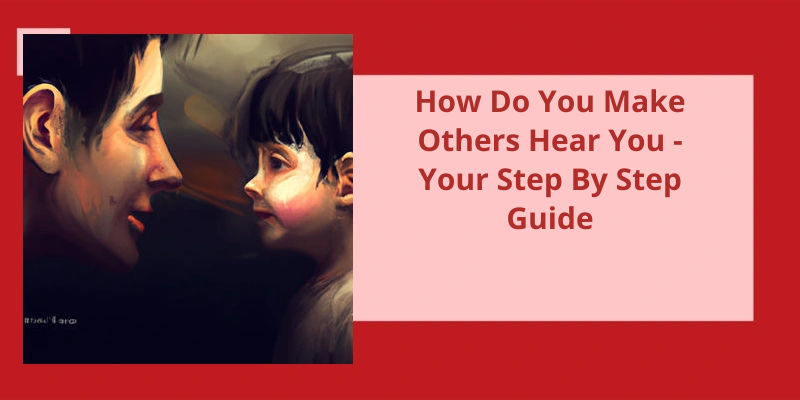In a world where digital communication has become the norm, there’s still a need for face-to-face interaction. Whether it's for a job interview, a business meeting, or simply catching up with a friend, the in-person meeting has it’s place in our daily lives. However, with this need for personal interaction comes the question of how to properly write it down. Do you use "in person" or "in-person"? This seemingly simple question can actually be quite confusing for some writers. It all comes down to the context of the sentence and whether you’re using it as an adverb or an adjective. So before you write that important email or letter, make sure you know the rules of hyphenation for "in person" or "in-person".
Are Hyphens Grammar or Punctuation?
It’s a small yet powerful symbol that’s the ability to change the meaning of a sentence entirely. Hyphens have been used in the English language for centuries, and they’ve sparked a debate among language experts and writers alike: are hyphens considered grammar or punctuation?
It all depends on how they’re used in a sentence. For example, when hyphens are used to join words together to form a compound word, they’re considered to be part of grammar.
In this context, the hyphen serves a similar function to the comma or semicolon.
It’s worth noting that there’s often confusion between the use of hyphens and dashes. However, hyphens are used to modify a word, and are usually shorter in length.
Now that we’ve covered the basics of using hyphens with prepositional phrases, let’s dive a little deeper into the topic. Specifically, we’ll be discussing the importance of knowing when to use “in person” with or without a hyphen. This small grammatical detail can greatly affect the clarity and readability of your writing, so it’s worth understanding the rules.
Is in Person Event Hyphenated?
Adverb: I prefer to communicate in person rather than over the phone or through email. In this sentence, “in person” is used as an adverb modifying the verb “communicate.”. There’s no need for a hyphen.
However, if you want to use “in person” as an adjective, you need to add a hyphen. For example, “The in-person event was a great success.”. In this sentence, “in-person” is used to modify the noun “event.”. It’s functioning as an adjective, so a hyphen is necessary to connect the two words.
An adverb modifies a verb, an adjective modifies a noun. If youre not sure which one to use, think about what part of speech the phrase is modifying.
As with any grammatical rule, there are some exceptions and gray areas. Some examples include “in-person meeting” or “in person interview.”
If it’s functioning as an adverb, dont. This will help ensure that your writing is clear, concise, and free from distracting errors. It’s always worth taking a moment to double-check your usage and make sure youre following the rules.
It’s important to understand the rules of hyphenation as they’re integral to proper sentence construction. While there may be some gray areas when it comes to hyphens and their usage, relying on the context of the sentence can often help determine whether or not one is necessary.
Are Hyphens Grammatically Correct?
Hyphens play an important role in clarifying written language by creating compound words and distinguishing between similarly spelled words with different meanings. They can be used to represent a wide range of relationships between words and phrases, from combining two words that serve as a single descriptor to indicating a range of values or a division of syllables.
However, hyphens can also be misused or overused, which can lead to fragmented and awkward sentence structures. Some common errors include using hyphens when they aren’t needed, failing to use them when they’re necessary, or using them inconsistently within a single sentence or paragraph.
To avoid these mistakes, it’s important to have a solid understanding of the rules governing hyphen usage in English, including the different types of compound words and the contexts in which they should be separated or combined. Consulting a reliable grammar reference can be helpful, but it’s also important to pay close attention to the specific needs of your writing and the expectations of your audience. By using hyphens correctly and with purpose, you can create clear and effective language that engages readers and communicates ideas with precision and clarity.
Understanding hyphenation rules can greatly improve the clarity and professionalism of your writing. One common use of hyphens is to combine two different words to create a single adjective before a noun. However, it’s important to note that hyphenation isn’t always necessary, and overuse can actually be detrimental to your writing style. In this article, we’ll explore the reasons why two words may be hyphenated and provide some helpful tips for proper usage.
Why Are Two Words Hyphenated?
The use of hyphens in the English language can be a confusing topic for many people. For example, the words “mother-in-law” and “self-esteem” are both compound words that are formed by joining two separate words with a hyphen.
In addition to joining compound words, hyphens can also be used to separate a word at the end of a printed line of text. This is known as a hyphenation, and it’s commonly used in publishing and other forms of printed media to ensure that text is neatly and consistently formatted. Hyphenation can be difficult to master, as it requires a careful understanding of word structure and grammar rules, as well as an eye for detail and precision.
For example, the sentence “the small-business owner” uses a hyphen to clarify that the owner being referred to is someone who owns a small business rather than someone who’s physically small and happens to be a business owner. Hyphens can also be used with certain prefixes and suffixes to create compound words that have specific meanings or connotations, such as “ultra-modern” or “post-traumatic”.
One important rule to remember when using hyphens is that they should be used to hyphenate two words when they’re being used as a single adjective before a noun, but not after. For example, the phrase “high-quality coffee” uses a hyphen to join the two words and create a single descriptive phrase that modifies the noun “coffee”. However, in the phrase “the coffee is high quality”, no hyphen is used because the two words aren’t being used as a single adjective.
While it can be a challenging task, learning the rules and guidelines for hyphenation can help to improve the clarity, coherence, and precision of your writing, making it more effective and engaging for your readers. So whether you’re a student, a writer, or a professional editor, taking the time to master the art of hyphenation can be a valuable investment in your language skills.
Common Mistakes to Avoid When Using Hyphens
- Using hyphens instead of dashes or en dashes
- Using too many hyphens in one sentence
- Forgetting to add a hyphen when needed (e.g. compound modifiers)
- Placing hyphens inconsistently (e.g. in some compound words but not others)
- Not understanding the difference between hyphens, en dashes, and em dashes
- Using hyphens to indicate a range of numbers (should use en dashes)
- Using hyphens to connect a prefix and a word (should use no hyphen or a hyphenated prefix)
- Breaking up a word at the end of a line with a hyphen (generally not recommended)
When it comes to grammar and punctuation rules, it’s important to understand when to hyphenate words. In particular, the use of hyphens in compound adjectives can be tricky. While some adjectives require hyphenation, others do not. When it comes to the term “middle class,” the use of a hyphen may or may not be necessary, depending on the context in which it’s used. Let’s take a closer look at this rule and some examples to determine when and if you should hyphenate middle class.
Should You Hyphenate Middle Class?
For instance, when you refer to a group of people with high anxiety, they form a unit in your sentences, which is why you need to hyphenate the words to emphasize that they work together. Similarly, when you say that a family belongs to the middle class, the adjective modifies the noun by indicating it’s status, which is why the two words need to be linked. Hyphenation helps to simplify complex phrases and clarify their meanings by showing how the words combine.
However, not all adjectives require hyphenation, especially when they follow the noun they modify. For example, you don’t need to write “words that are low frequency” or “attraction to the opposite sex.”. In these cases, the words have a more independent meaning, and their order doesn’t affect the sentences structure. Therefore, it’s important to distinguish between adjective-noun compounds that require hyphenation and those that do not.
When unsure whether to hyphenate a phrase, you can follow certain guidelines. For instance, if the two words form a single idea and describe the same noun, then you should hyphenate them. Furthermore, you should consider the number of syllables in each word and the stress pattern, as this may affect the clarity of the phrase.
It allows them to join words together to form compound adjectives and modify nouns in a specific way. Therefore, writers should be aware of when to hyphenate an adjective-and-noun compound and when not to, based on the context and meaning of the phrase. By mastering the rules of hyphenation, writers can enhance their writing skills and produce more effective communication.
Common Examples of Hyphenated Adjectives in Different Contexts (e.g. Scientific Writing, Journalism, Etc.)
A hyphenated adjective is a compound adjective that’s made up of two or more words joined together with a hyphen. Examples of hyphenated adjectives can be found in different contexts such as scientific writing, journalism, etc. They’re used to modify a noun and usually come before the noun they modify.
Source: Punctuation – College of Liberal Arts – Oregon State University
Conclusion
In conclusion, the debate over whether to hyphenate "in person" or use it as a single word "in-person" really comes down to context. As with most grammar rules, it’s important to consider the function of the phrase within the sentence and determine whether it’s being used as an adverb or an adjective. While it may seem like a minor detail, the use of a hyphen can greatly impact the clarity and professionalism of your writing. So, whether you're writing a business email or a personal letter, taking the time to properly punctuate "in person" is a simple way to ensure that your message is clear and effective.






